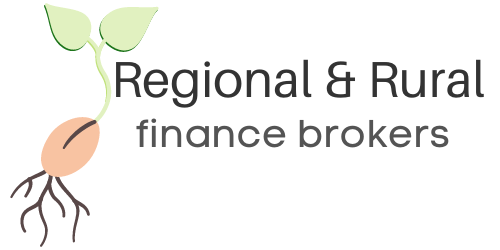Buying a House vs Unit in Australia
Real estate is a growing interest among everyone, whether they’re an experienced investor or a first-time one. There are good returns to be made on properties, especially in Australia, so you need to know the differences between buying a house or a unit.
Below is a comprehensive guide on the benefits and drawbacks of both house and unit investments.
This article is for informational purposes only and is not intended to be personal financial and/or investment advice. If you’re thinking of investing in land or property in general, you should talk to a qualified advisor.
Related Information: Rural Mortgage Brokers and Refinance You Loan
Benefits of Buying a House
Stand-alone houses could be a great option if you are interested in long-term commitment. You can either rent it out or wait for the value to appreciate, which may take a few years.
Here are some potential benefits of buying a house:
- Capital growth– houses may give you longer capital growth than units because the land on which the house stands may appreciate over time. Also, worth noting that value increases may also depend on location.
- Rental income– Similarly to units, houses can be rented. However, tenants with pets are drawn to houses because of the yard space. It may sound like a small difference, but there actually is a large number of pet owners who look for outdoor areas.
- Freedom to renovate– You have more control over any renovations you want to do because you don’t have to get approval from a body corporate association. With a house, you can extend or sub-divide, depending on what your council regulations allow. This also adds value to the property.
Possible Challenges of Buying House

Houes are often more expensive than units in terms of sales price. Buying a house, generally speaking, requires you to have a more upfront money compared to a unit as the initial deposit is a percentage of the overall price.
While the capital growth is good for houses, the rental yield is often lower than units.
Maintenance costs and fees associated to possible repairs and small renovations may be higher compared to a unit costs – where part of these may be included in the body corporate fees. It’s worth talking to an accountant or taxation expert to clarify whether you’re eligible to claim such costs as a deduction.
Benefits of Buying a Unit
Buying units as investment property also has benefits (and risks – of course).
Let’s look at other benefits of having a unit:
- It is affordable– Generally, it is cheaper to buy units than houses, which makes them an excellent entry point into the property market. Units may be an alternative for first-time investors or if you have a smaller budget.
- Upkeep costs are shared– Home insurance, maintenance, and other upkeep costs are often shared in units among all the owners via the body corporate. The strata will manage and maintain the unit, and you will pay body corporate fees. However, you must remember that not all the costs will be covered. You may have to pay for your own council rates, internal repairs, content insurance, and individual utilities.
- Easier to manage– Units do not have land, so you don’t have much work! You don’t have to mow the lawn or repaint gutters or anything of that sort. Units are also smaller, so cleaning will be relatively quick!
- Amenities– Units often have fitness centres, swimming pools, and communal spaces, which attract potential tenants or buyers. You can get a good rental price or resale value for units that have amenities.
Possible Drawbacks of Buying a Unit

Generally, units don’t have private outdoor land like a house, so they may not lead to as much capital growth. However, if market conditions are favourable (i.e. houses are in short supply), you may have a pleasant surprise.
While most of the maintenance is handled by the body corporate, you have very limited control over the exterior. If you want major internal renovations, you must get it approved first. You also cannot extend a unit because there is no land to do so.
So, What’s Better – Unit or House ?
Before deciding whether a house or unit is a better investment you should talk to a financial advisor who will take the time to understand your current circumstances and your long term goals. Because everyone is different, personal advice is vital. That’s also when you can get a more realistic idea of the possible risks before you make an informed investment decision.

